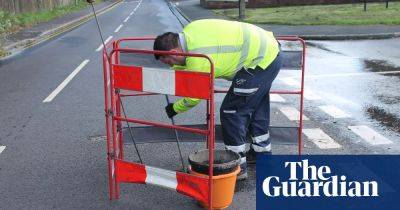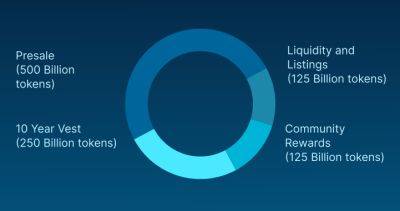Clampdown on cold calls and mass texting technology announced in UK
Ministers have announced a clampdown on the use of cold calls to sell financial products and on technology which allows mass texting of numerous phones as part of a strategy to combat fraud, now the UK’s most common crime.
The new fraud strategy, a response to the massive growth of web- and phone-based scams, will alsoresult in what was billed as 400 new specialist investigators across police and the National Crime Agency recruited as part of a revamp for how the the crime is investigated.
Another element of the plan will see banks permitted to delay payments being processed for longer, so suspicious payments can be properly investigated.
Anthony Browne, the Conservative MP and former head of the British Bankers’ Association, who is being made the government’s anti-fraud champion, said there was a particular onus on tech, phone and financial services companies to do more to prevent fraud.
All social media companies will be asked to provide systems whereby people can find a “report” button with one click, and then “report fraud or scam” with one more.
Led by the Home Office, the strategy is aimed to tackle an offence estimated to cost the UK economy about £7bn annually, with a focus on investigators tracking down mass fraud operations.
As part of this, there will be an outright ban on cold-call telephone sales for any financial products, and a commitment to work with Ofcom to stop so-called spoofing, in which fraudsters can seem as if they are calling from a legitimate UK numbers.
Another ban will outlaw what are known as sim farms, also known as GSM gateways, in which large numbers of phone sim cards can be loaded and used to send numerous scam texts at the same time.
On the consumer side of the problem, the current Action Fraud
Read more on theguardian.com



















